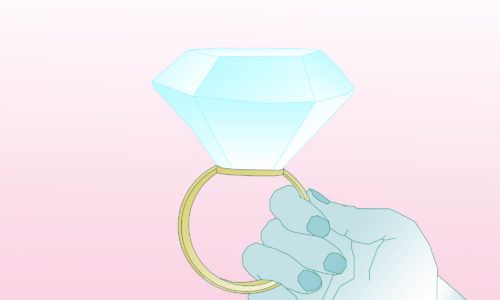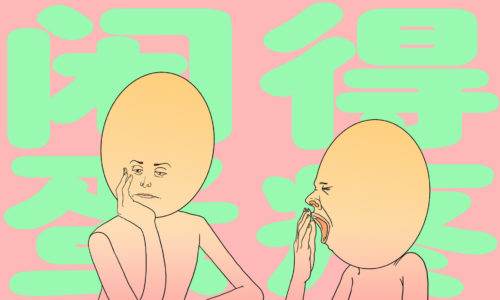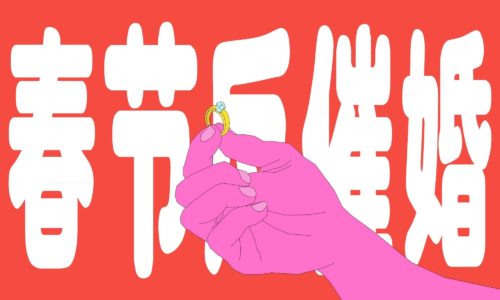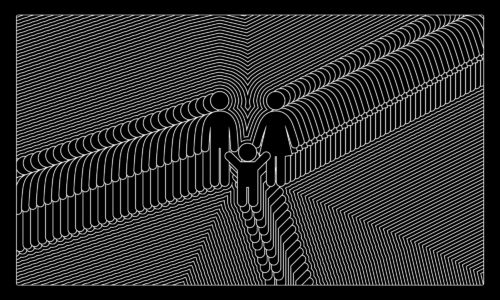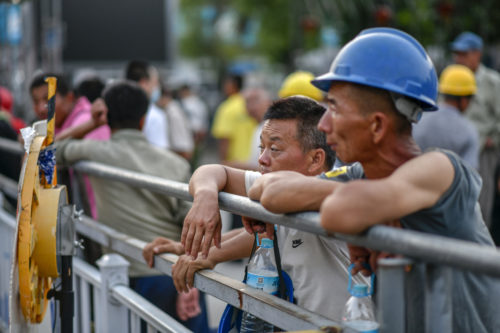Kuora: Love and marriage, China style
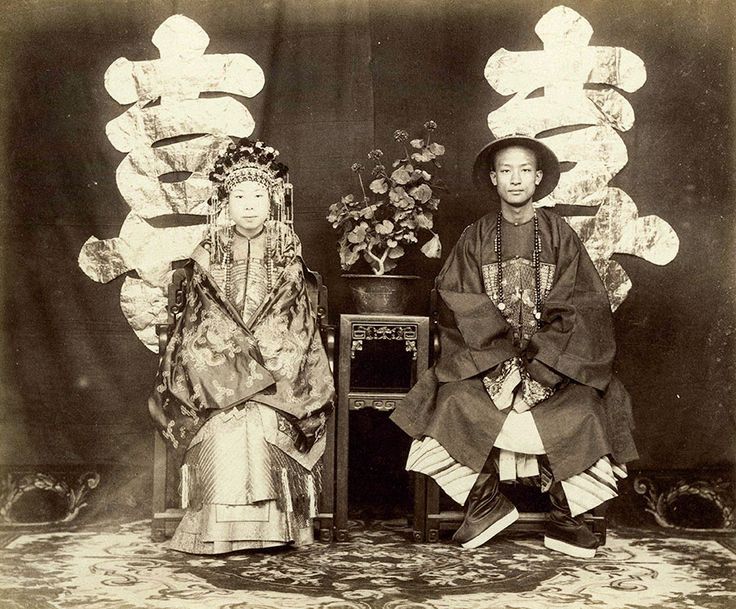
Love and marriage, despite what the song might tell you, does not always go together like a horse and carriage — and even less so when there’s no tradition of love before marriage. That’s the subject of today’s column, in which Kaiser answers a question originally posted on Quora on September 5, 2016:
Are modern Chinese couples happy together?
Among my married Chinese friends and acquaintances there certainly are a significant number of profoundly unhappy couples. A huge range of forces converge to make marital happiness among modern Chinese rare, perhaps relative to what you might find were you to survey married couples in the modern West.
Marriage for love is still a relatively recent phenomenon in China, only enshrined with the Marriage Law of 1950. The notion that people should expect happiness in a marriage is perhaps more recent still. (Note that the West is really the outlier in this regard, if you look at the world, and look back through human history.) During the period before China’s reform and opening, love and romance were regarded as a bourgeois notion, and marital love was supposed to be subordinate to love of the Party.
People married for 10 to 15 years (the ones you’re asking about) were mostly born in the 1970s and perhaps early 1980s. They were really the first generation that came of age in a time when love and marriage began to resemble what we think of in the West as “normal.” At the time they were approaching the age of dating and courtship, you have to remember what China was like: There was very little knowledge and still less experience of sex and romantic love, most people had very few partners before marriage, and yet they were encountering, in the powerful and ubiquitous Western-dominated media, a representation of “modern” love and marriage that was already quite mature and developed in the West. The disconnect between the marriage they have and the one they see represented obviously creates tension.
They also came of age in a time when material and “practical” considerations trumped all else. Many, many women I know in China have admitted to me that they married essentially for money or status; many men married for equally superficial reasons. This is by no means the case with all people. But it’s certainly very common still. And women have that horrible pressure to marry in their mid-twenties, lest they be “leftover women” (剩女 shèngnǚ).
Parents, who come from a completely different time with values almost wholly irrelevant to the situation their adult children face, have a huge hand in screwing up otherwise decent marriages — at least from my sample of friends. The insistence and expectation that parents will live with their adult children (and the willingness, and sometimes the eagerness, to have the grandparents play a big role in child rearing) exacerbates problems. The meddling in-laws create all sorts of problems.
The modern Chinese married couple in the age cohort you’re describing thus sits atop many major fractures: generational ones, East-West fractures, fast-changing material conditions and material expectations and the values generated (or upended, or discarded) by those conditions and expectations, changing gender roles, a huge sea change in attitudes about sex. It’s a wonder that any relationships survive it, let alone survive in a state of “happiness.”
For many Chinese couples, in this cynical age, happiness itself is dismissed as “for kids” — as a luxury no practical-minded adult facing the exigencies of work and of raising a child in this ferociously competitive time can afford to indulge. It’s awfully sad, but I’ve heard it too many times from too many people to think it’s just an anomaly.
Kuora is a weekly column.

